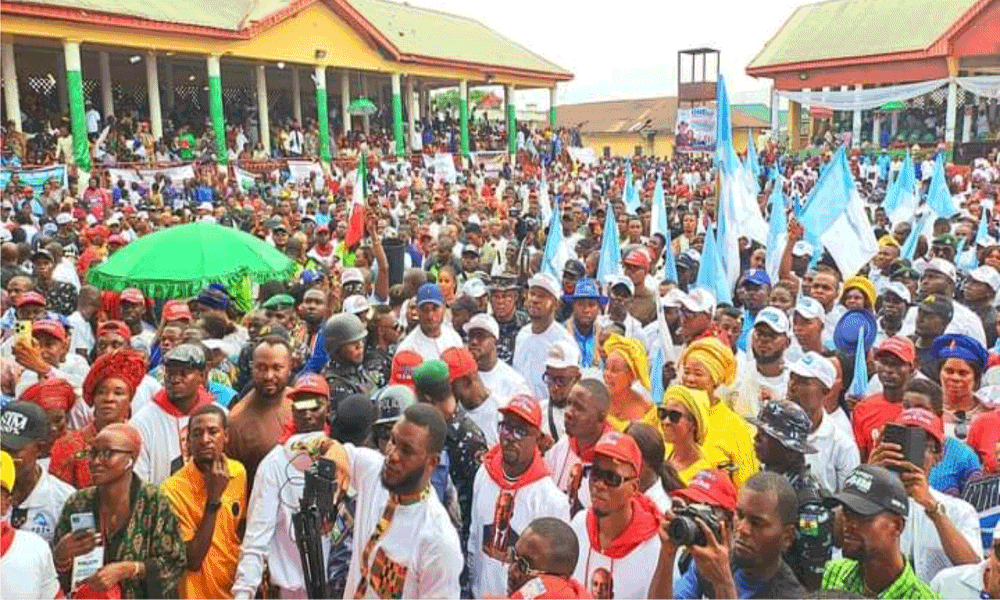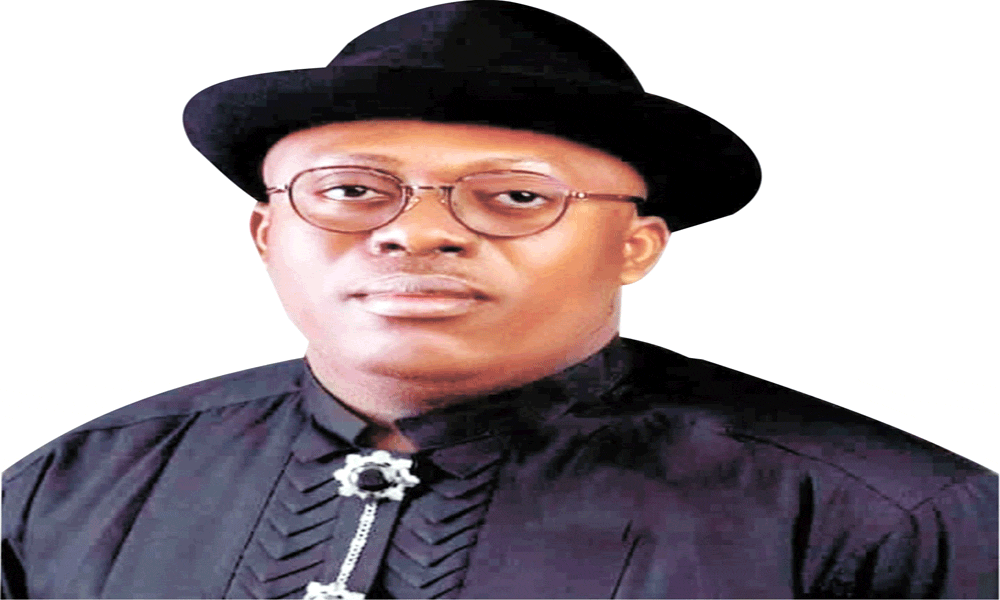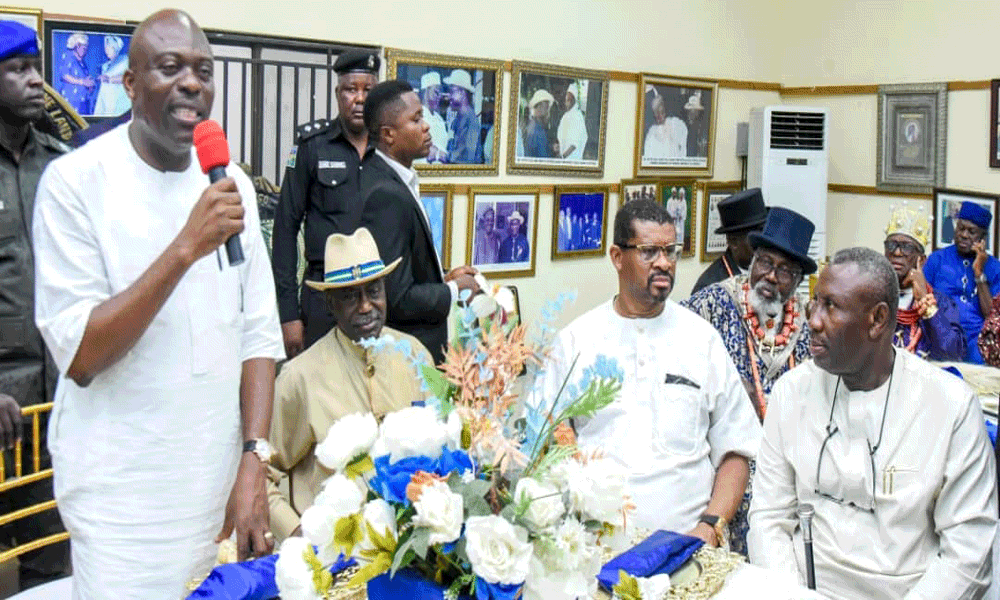APC Absent As Parties Debate Corruption, Accountability
The ruling All Progressives Congress (APC) was conspicuously absent as political parties on Tuesday in Abuja debated how they would tackle corruption and promote public accountability in Nigeria.
The debate, organised by Centre for Democracy and Development (CDD) with support from MacArthur Foundation, engaged leaders of the political parties on their policy preferences on the two topics.
Of the five parties that turned up, only the African Action Congress (AAC) and Abundant Nigeria Renewal Party (ANRP) were represented by their presidential candidates; Omoyele Sowore and Tope Fasua respectively.
The Peoples Democratic Party (PDP), Young Progressive Party (YPP) and Allied Congress Party of Nigeria (ACPN) sent their party officials.
The PDP was represented by a spokesperson of the Atiku campaign, Kassim Afegbua; the ACPN by its national secretary, Paul Osamadi; and YPP by its national publicity secretary, Egbeola Martins.
Corruption has been a topical issue in Nigeria over the decades with governments making numerous attempts to reform institutions, develop applicable legal frameworks, formulate and implement policies to promote a corruption-free environment.
These attempts had led to the establishment of the Economic and Financial Crimes Commission (EFCC) and the Independent Corrupt Practices (ICPC) and Related Offences Commission.
Despite these efforts, however, evidence and stories indicate corruption is on the rise under the different leaders.
According to observers, this can be linked to the inability of successive governments to ensure openness and transparency in their activities, promote accountability and demonstrate the political will to deliver good governance.
All the parties at the debate agreed that corruption is a problem that hinders development in the country but advocated different ways to tackle it.
However, the parties were not specific on the steps they will take to address the issue.
While AAC said corruption comes from the way parties are formed, candidates are picked, and lack of enforcement and consequences; ACPN said it would tackle corruption from the grassroots and ensure punishment for the corrupt and reward for excellence.
ANRP and YPP both said corruption can be fought with the use of technology. YPP added that the value system of the nation needs to be strengthened, leadership defined and laws reviewed.
“We intend to apply a systematic approach. It’s centered around the use of ICT to tackle the problem of corruption,” the party said.
For ANRP, “Technology always delivers, one the things that cause corruption in this country is addiction and psychological problems.”
PDP said fighting corruption is a collective responsibility and not just for the government. It said its government would deny institutions monopoly power, which it believes allows corruption to thrive.
“The global definition of corruption is monopoly plus discretion minus accountability. It’s the monopoly power of an individual that makes him abuse his discretionary power,” Mr Afegbua said.
On the minimum wage of the country and the pay of members of the National Assembly, the parties agreed the pay of the lawmakers is ridiculous especially when civil servants are not paid enough as minimum wage.
They all noted the need for the increase of the minimum wage. AAC said it would put minimum wage at N100,000 while ANRP suggested N45,000.



